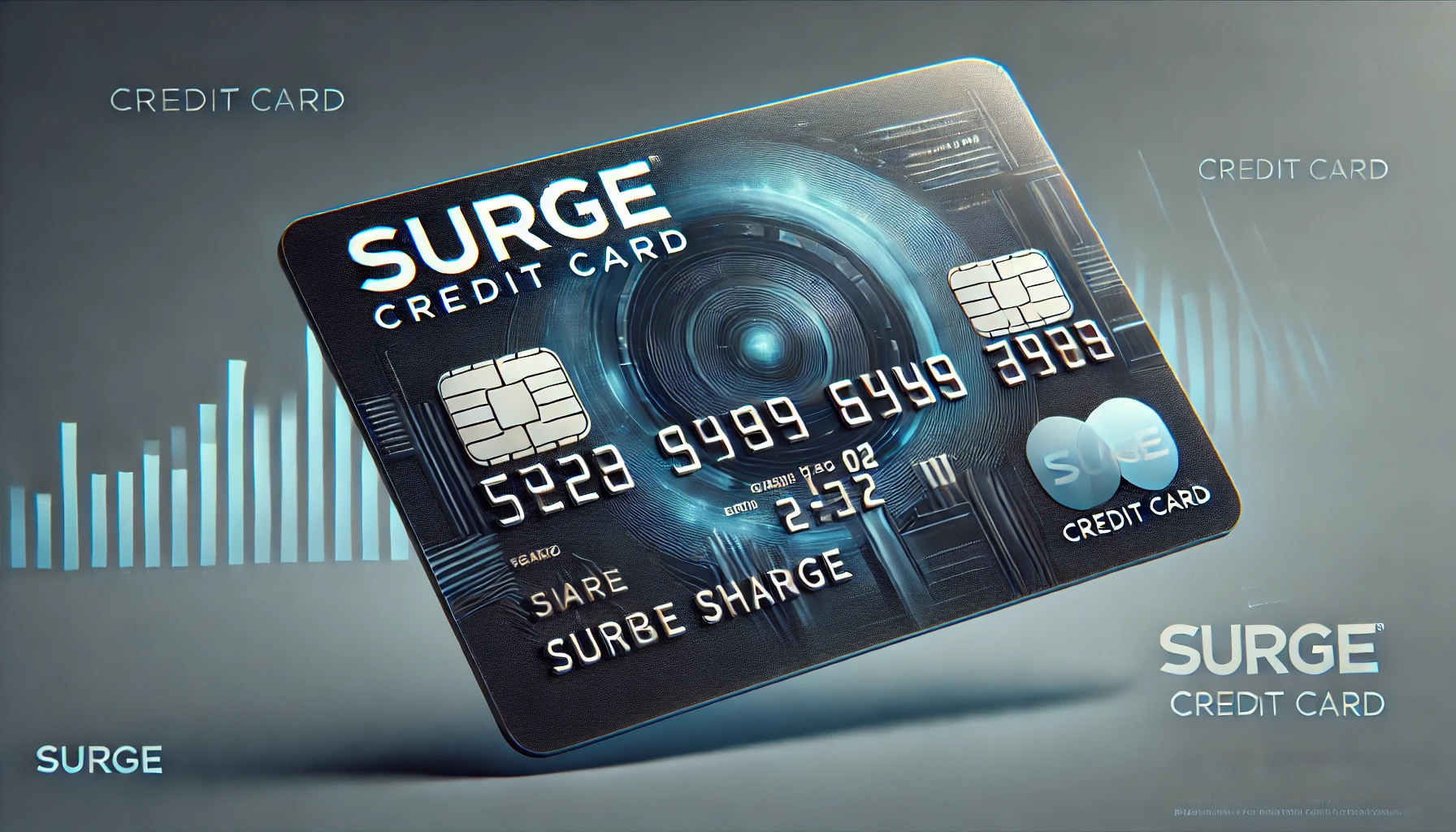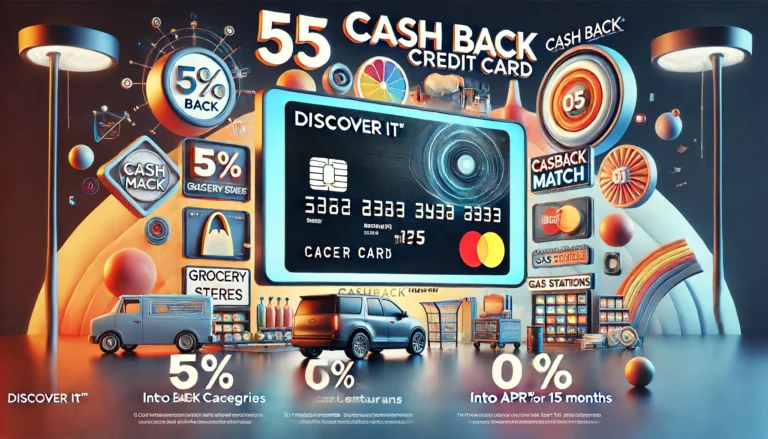Surge Credit Card Review 2024: Is It Worth the High Cost?

Considering the Surge Credit Card to build your credit? Here’s everything you need to know!
The Surge Credit Card promises to help individuals with poor or no credit history build their credit scores without needing a security deposit. But is it worth the high fees? Let’s dive into a comprehensive review to find out.
What is the Surge Credit Card?
A Tool for Building Credit
The Surge Credit Card, issued by Celtic Bank and serviced by Continental Finance, is designed for individuals with bad or limited credit history. It’s marketed as an easy-to-obtain, unsecured credit card with a straightforward application process.
Key Features and Benefits
1. Initial Credit Limit
Your initial credit limit ranges from $300 to $1,000. After six months of on-time payments, your credit limit can double, potentially lowering your credit utilization ratio.
2. No Security Deposit
Unlike many credit cards for bad credit, the Surge Credit Card does not require an upfront security deposit, making it accessible to those who may not have the funds for a deposit.
3. Credit Reporting
The Surge Credit Card reports to all three major credit bureaus—TransUnion, Equifax, and Experian—helping you build your credit history as long as you make your payments on time.
Fees and Rates
Annual Fee
- First Year: $75 to $125
- Subsequent Years: $99 to $125
Monthly Maintenance Fee
- First Year: $0
- After First Year: $0 to $12.50 per month (up to $150 annually)
APR
- Regular APR: 35.90% Variable
Other Fees
- Late Payment Fee: Up to $41
- Foreign Transaction Fee: 3% of each transaction in U.S. dollars
Pros and Cons
Pros
- No Security Deposit: Helps those without the funds for a deposit.
- Credit Reporting: Reports to all three major credit bureaus.
- Potential Credit Limit Increase: Your limit can double after six months of on-time payments.
Cons
- High Fees: Annual and monthly maintenance fees can add up.
- High APR: 35.90% Variable APR is quite high compared to other cards.
- No Rewards Program: Does not offer any cash back or points.
Detailed Review
Building Credit Without a Deposit
The Surge Credit Card’s main selling point is the lack of a security deposit. This makes it appealing to those who need to build credit but don’t have the cash for a deposit required by secured credit cards.
High Cost of Ownership
While it’s easy to get approved for, the high fees can be a significant burden. The combination of the annual fee and monthly maintenance fee (after the first year) can cost up to $275 annually. Plus, the high APR means carrying a balance will be costly.
Credit Limit Increase
One of the attractive features is the possibility to double your credit limit after six months of on-time payments. This can help lower your credit utilization ratio, a crucial factor in improving your credit score.
No Rewards
For those looking to earn rewards, the Surge Credit Card is not the best option. It doesn’t offer any cash back, points, or miles.
Reporting to Credit Bureaus
The Surge Credit Card reports to all three major credit bureaus, which is essential for building credit. However, this feature is standard for most credit-building cards and not unique to the Surge Credit Card.
Comparison with Other Credit Cards
| Card | Annual Fee | APR | Security Deposit | Rewards | Credit Limit Increase |
|---|---|---|---|---|---|
| Surge Credit Card | $75-$125 | 35.90% | None | None | After 6 months |
| Capital One Platinum Secured | $0 | 30.74% | $49-$200 | None | After 6 months |
| Discover it® Secured | $0 | 25.24% | $200 | 2% cash back | After 7 months |
Surge Credit Card vs. Capital One Platinum Secured
The Capital One Platinum Secured Credit Card offers lower fees and a lower APR. It does require a security deposit, but the deposit is refundable, unlike the Surge’s fees.
Surge Credit Card vs. Discover it® Secured
The Discover it® Secured Credit Card also requires a security deposit but offers cash back rewards and a lower APR. It also provides a clear path to upgrade to an unsecured card after seven months.
Frequently Asked Questions (FAQ)
1. What credit score do I need to apply for the Surge Credit Card?
The Surge Credit Card is designed for individuals with poor to fair credit scores, typically ranging from 300 to 639.
2. How can I increase my credit limit?
Your credit limit can double after six months of on-time payments. This means making at least the minimum payment by the due date every month.
3. Are there any hidden fees?
While the Surge Credit Card does have several fees, they are disclosed upfront. These include the annual fee, monthly maintenance fee (after the first year), late payment fee, and foreign transaction fee.
4. Does the Surge Credit Card offer any rewards?
No, the Surge Credit Card does not offer any rewards such as cash back or points.
5. Can I get pre-qualified without affecting my credit score?
Yes, you can check if you pre-qualify for the Surge Credit Card without impacting your credit score.
The Bottom Line
The Surge Credit Card can be a viable option for those looking to build or rebuild their credit without needing a security deposit. However, the high fees and APR may make it less attractive compared to other credit-building cards. If you can afford a security deposit, options like the Capital One Platinum Secured or Discover it® Secured Credit Card may offer better terms and potential rewards.
For more information on credit-building options, visit Abeut.com.
- Learn more about the Surge Credit Card for a detailed comparison and expert opinions.





